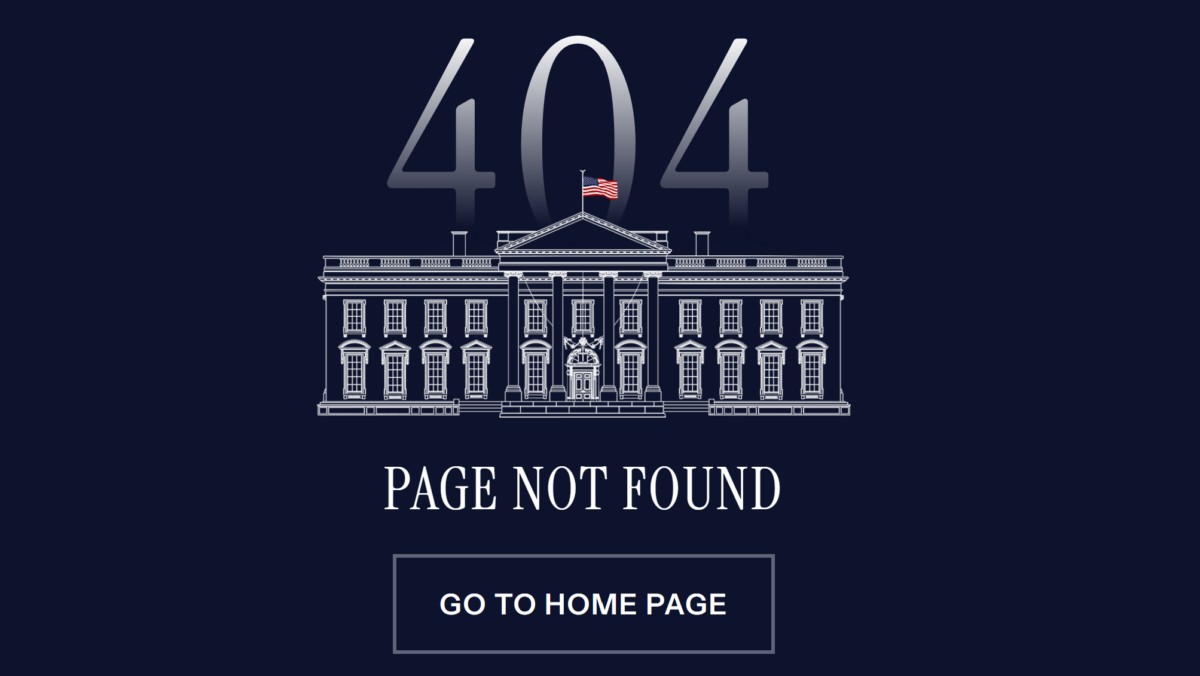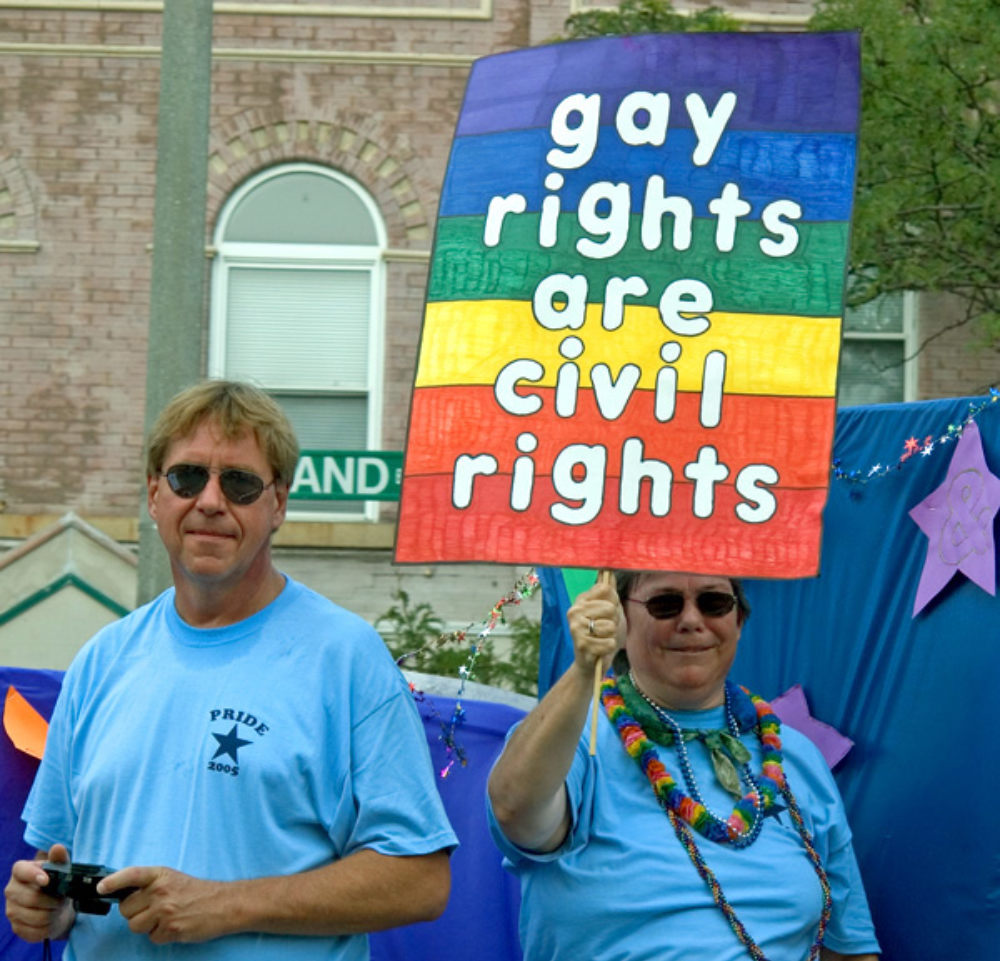Trump’s first action on becoming President was a wholesale revocation of several Biden Executive Office actions, leading to closure of many vital programs. One of these programs is called the Justice40 initiative.
For the first time in our nation’s history, the Federal government has made it a goal that 40 percent of the overall benefits of certain Federal climate, clean energy, affordable and sustainable housing, and other investments flow to disadvantaged communities that are marginalized by underinvestment and overburdened by pollution.
By killing the Executive Order that created this initiative, Trump has likely also killed all FEMA funding for a Savannah project to manage stormwater flooding in the Springfield Canal area.
The Justice40 Initiative was a way of allocating resources to historically underserved communities, such as the Carver Village and Cloverdale neighborhoods near the Canal. It wasn’t race-based and in fact made a point of excluding race in its criteria. However, it is a fact that many of the underserved communities in this country are made up of people of color. And because the majority of communities of people of color will benefit, the funding is targeted. The existence of “DEI” is the excuse, but really it is withholding funds that don’t benefit majority white people.
Currently, freezing of these funds is being held up by a court order, though the enforcement of the order is hit and miss. However, because of the association of the funds with environmental justice (“DEI”), and climate change, there’s a strong likelihood the funding will be lost.
It’s difficult to discern from the state of chaos currently in effect in the government, but the funding for the Basin flood control may already have been rescinded.
The state of Georgia, being Republican-led, didn’t join with the other states who have sued the Trump administration to ensure that funding that is promised is delivered. And the states lawsuit court order only extends to the Democrat-led states who filed the complaint However, thankfully, nonprofits also sued to stop the funding freeze, and this may protect the funding for the project. For now.
If the funding is terminated, Savannah will likely have to sue directly to attempt to enforce the previously approved support, or perhaps get funding from the state of Georgia, instead.
Or wait another four years for a different President.


